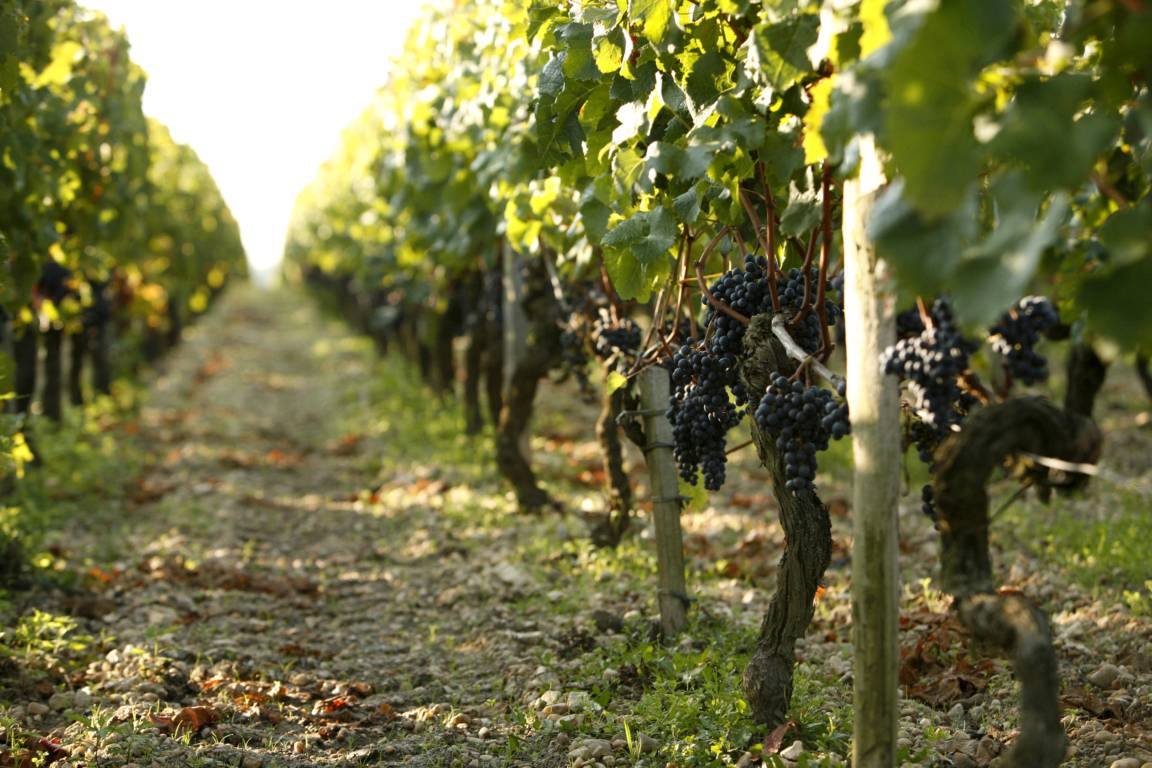Registration of Vine Varieties in the French Catalogue
efore a new variety can be placed on the market in France, it must be registered in the Official French Catalogue of species and varieties, also known as the National Listing. The registration of a variety is decided by the Ministry of Agriculture based on proposals from the French Technical Committee for Plant Breeding (CTPS). These proposals are obtained on the basis of studies carried out by GEVES for the CTPS.
The Official Catalogue of Vine Varieties
Under current French and European regulations, varieties of vine propagating material must be registered in the national catalogue of at least one Member State in order to be marketed in the EU.
This requirement concerns rootstock varieties (resistant to phylloxera) and fruit varieties, regardless of the end use of the grapes: wine, table, certified (plants exclusively reserved for planting in amateur gardens and products intended for the producer’s personal use), for the preparation of fruit juice or spirits, for dried fruit or conservation. Certain “mixed” varieties can have several end uses (table and wine varieties in particular).
Since the beginning of 2018, the French catalogue of Vine Varieties has two distinct lists:
List A = varieties whose propagating material may be produced and marketed in France and all Member States of the EU.
List B = varieties whose propagating material may be produced in France and marketed exclusively in third (non-EU).
Up until this date the catalogue contained 3 lists, list A1 for vine varieties whose plants can be marketed in the EU and which are eligible for classification, list A2 for vine varieties whose plants can be marketed in the EU but are not eligible for classification, and list B.
Classification concerns wine varieties registered in at least one EU catalogue. This procedure is a fundamental part of EU regulation of the wine sector of the common market organisation (CMO). It is implemented by each Member State under conditions defined by the Member State. This classification specifies the list of varieties authorised to be planted for the purposed of wine production. In France, this unique classification is established by the Ministry of Agriculture for all vines across the country.
FranceAgriMer is a certifying organisation of vine propagating material and publishes the French Vine Catalogue on its website. The lists published also include the classification of wine varieties.
Conditions, criteria and terms for registration in the Catalogue
To qualify for registration on list A of the French Catalogue, a new variety must meet the following conditions:
- It must be recognised as Distinct, Uniform, and Stable (DUS) following standardised test protocols conducted with a reference collection or based on scientifically validated ampelographic descriptors.
- It must be designated by an approved denomination following precise criteria and in accordance with the applicable rules
- With the exception of certified and list B varieties, a variety must also demonstrate a minimum of capacity and technical performance by undergoing VCUS testing.
The conditions and criteria for registration in the Catalogue as well as the relevant protocols are set out in the Technical Regulation for Vince Variety Testing approved by ministerial decree. The current Technical Regulation was published on 10 January 2018.
Three types of varieties are considered:
- Traditional reference varieties: ancient varieties of French or foreign origin
- Newly bred varieties that are already registered in a foreign catalogue
- Newly bred varieties that are not yet registered
For traditional reference varieties, registration is based on ampelographic reference material and other scientific resources.
For newly bred varieties, DUS observations are conducted by qualified experts using the national vine reference collection located at INRAE-Domaine de Vassal. Plants are assessed once they are sufficiently developed, for two vegetative cycles. Testing protocol is based on recommendations from the CPVO and UPOV.
VCUS (Value for Cultivation Use and Sustainability) tests are adapted to the use of the varieties and conducted at specialised experimental centres or at wine production holdings. These trials involve comparisons and repetitions, and are carried out at at least two representative sites with distinct agroclimatic characteristics.
In addition to agronomic and technological characteristics, VCUS tests evaluate:
- Vegetative propagation capacity
- Resistance to phylloxera and chlorosis for rootstock varieties
- Disease resistance (mildew and oidium)
Clonal selection: securing distribution of registered varieties
Registered varieties can be subject to clonal selection (sanitary and/or genetic) in their respective country of registration, which allows approved clones to be propagated and distributed for a given variety. In France, clone certification is decided by FranceAgriMer following consultation with the CTPS Vine Section. Only officially recognised breeding establishments (currently INRAE and IFV) can propose new clones for certification. Breeding programmes are most often led with professional partner structures with local competence.
Find out more about vine varieties

- Pl@ntGrape: The primary objective of Pl@ntGrape is to make information available for vine varieties and clones cultivated in France, Europe and worldwide which is synthetic, validated and updated. It is aimed at all those looking for information on grape varieties: wine producers, winegrowers, technicians, researchers, students, etc.
- Vitis International Variety Catalogue
- Institut Français de la vigne et du Vin – Plant breeding
- European Commission – Propagating material
- FranceAgriMer – Control and certification of vine plants (regulations, statistics, lists)


